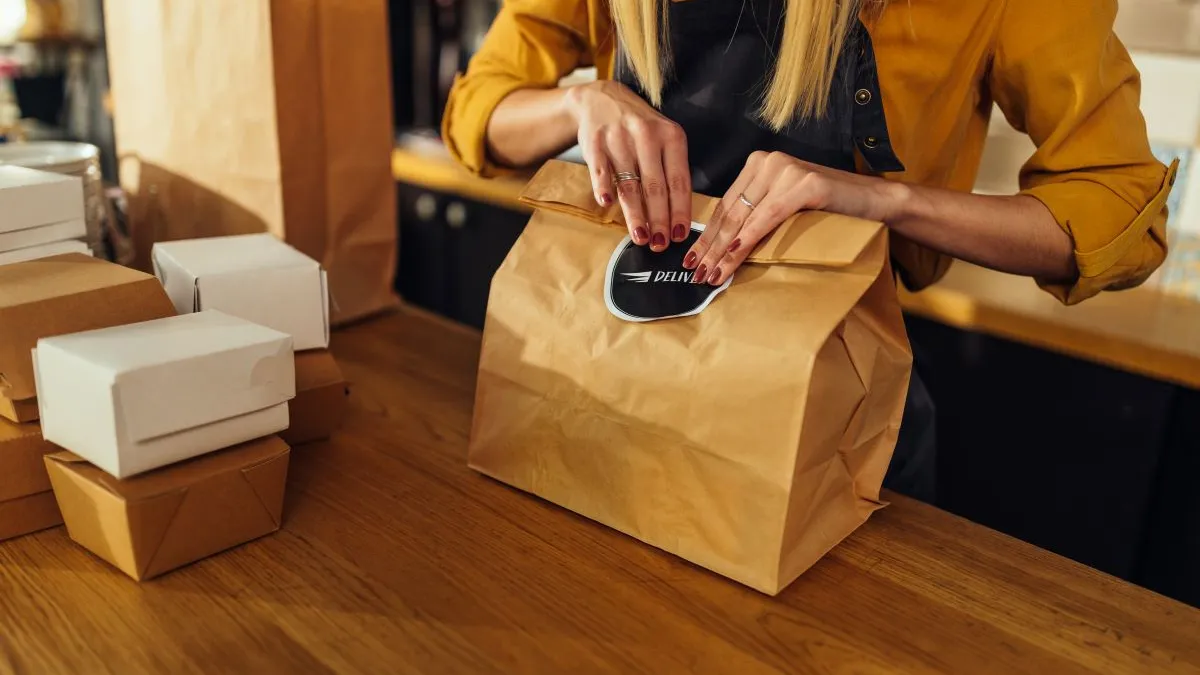For the first time ever, Uber Eats sued DoorDash last week. Uber Eats alleged that DoorDash was engaging in anti-competitive behavior by interfering with its ability to capture delivery clients who use white-label delivery for branded websites and apps.
“This is the two titans squaring off against each other,” said Barry Barnett, a partner at Susman Godfrey with anti-trust trial and appellate experience.
This lawsuit reflects the long consolidation of the food delivery landscape. Ten years ago, the industry featured several regional players, but this cohort has shrunk and left DoorDash and Uber Eats with the majority of market share. ASAP, formerly Waitr, went out of business last year. Grubhub, with much reduced market share, is under new ownership since Wonder’s buyout in 2024. Countless regional players have been bought up by Uber Eats and DoorDash, as well.
In its early days, app-based delivery was mainly focused on mom-and-pop restaurants that didn’t have sophisticated distribution systems. Now, third-party aggregators are chasing after big chains, Barnett said.
“When industries consolidate like this one has, you often see just a final two or three left. They are fighting for supremacy,” he said.
That supremacy could come down to working with enterprise clients. DoorDash serves 94 of the top 100 restaurant companies, according to its Q4 2024 shareholder letter. Over 100,000 small and medium-sized restaurants, and 83 out of the top 100 restaurants in the U.S., advertise on DoorDash’s marketplace. While a majority of DoorDash’s revenue comes from its marketplace orders and related commissions, it also collects revenue from its white label DoorDash Drive products. These services collect per-order restaurant fees to deliver food placed on restaurants’ websites or apps.
Despite DoorDash’s dominance, Uber Eats has secured several large partnerships in the past year. Uber Eats began a partnership with Toast Delivery last year that allows Toast restaurant clients to use Uber Direct, its white-label delivery platform. It also partnered with P.F. Chang’s and began a pilot with Olive Garden in September.
Uber Eats claimed that while it was working to secure contracts with restaurant chains, DoorDash would threaten higher fees or deferred placement on its app if the chains did not maintain exclusivity. The lawsuit claims that Uber Eats entered into the early stages of several contracts with large chains who later canceled the arrangements following DoorDash’s alleged threats to raise fees.
What makes this case somewhat unique is that Uber Eats didn’t lead with anti-trust claims, but tortious interference, meaning that an entity not party to a contract interferes with that contract, Barnett said.
This may be difficult to argue in court, however, since it is a natural part of business to fight for clients in a competitive way, Barnett said. Uber Eats would have to claim that DoorDash induced breach of contract or committed fraud in order to interfere with a contract.
“It is okay to fight for customers, whether [by] offering them discounts or saying they will raise prices for transactions,” he said.
Barnett said a possible hurdle during pleadings could be that Uber Eats might need to further clarify its claims as it doesn’t define the “first-party delivery services” market to assert a “viable monopolization (anti-trust claim) against DoorDash under California antitrust law.” Under that law, Uber Eats would need to claim that DoorDash’s “campaign to bully restaurant chains into exclusive contracts” is locking Uber Eats out from customers that account for at least 30% of the market, Barnett said.
Uber Eats does state that “DoorDash’s contracts further violate [California Business and Professions Code] Section 16600 because they foreclose a substantial share of the line of commerce in the First-Party Delivery space,” which Barnett said in an email could help it get past this hurdle.
The lawsuit also appears to be more about changing DoorDash’s behavior in the market than securing damages, Barnett said. Uber Eats could be saying that it’s okay with competition, but it is not okay with exclusive arrangements, Barnett said, adding that Uber Eats may be trying to encourage clients that work with DoorDash to resist exclusivity. This way, Uber Eats can continue to gain first-party delivery market share.
“It’s not really about the money or past damages, it’s about the future,” Barnett said.














